As Astrobase Command closes in on its Kickstarter funding goal, we reached out to Dave Williams of Jellyfish Games to learn more about the project’s impressive comeback. Not every failed crowdfunding campaign manages to bounce back so effectively. Let’s see what makes Astrobase Command’s second shot at crowdfunding so unique.
[JM@Cliqist]: You faced some challenges with the 2013 campaign. What do you think played the biggest role in preventing you from reaching your funding goal and how does the new campaign address this?
[Dave Williams @Jellyfish]: In 2013 we faced a long list of challenges, including: lack of an artist, lack of a pre-existing community, and lack of a game. We were experienced AAA game devs with a Great Idea™. Plenty of “only a game concept” Kickstarters’ got funded for vastly larger amounts, and whose creators apparently weren’t game developers, so we reckoned we had a decent shot at success.
It sounds very naïve in retrospect. But now we have all these things (Daniel our artist, the Astrobase Command community, and a game – all very awesome!) which wouldn’t have happened if not for failing the Kickstarter in 2013!
[Cliqist]: What’s been going on at Jellyfish over the past 3 years to keep the project going?
[Dave]: We’ve been very lucky to self-fund, which entails Jellyfish taking on various external contracts (known as “work for hire”) and contributing code, design, and art to other studios’ games. The time we spend on these contracts translates into money which pays the bills and affords us the remaining time to work on Astrobase Command.
In short: the game has been fed during the developmental stages with the blood, sweat, and tears of its creators!
[Cliqist]: What’s new in Astrobase Command this time around? What are backers most excited about? Having designed the game, what’s been your favorite part of development?
[Dave]: What’s new is that the game exists – it’s not quite ready to be born, but it’s pretty close to viable. The development process was transformative! For example, the Procedural Personality System quite organically became the whole backbone of the gameplay and nexus of most other systems. Similarly, many features started out one way on paper, and then after three for four code prototypes grew into a superior (and tangible!) realization of the vision. Also new is 100% of the art—overall station look and feel, modules and connectors, sections and station items, character models and animations, the desk and desk elements, Datapad and programs, planets and asteroids, and the whole of it!
There are lots of interesting facets to Astrobase Command. Some backers respond to the 3D base building, others to the neo-retro sci-fi aesthetics, or “sims in space.” Others to the procedural personalities and emergent storytelling, or creating a species and the RPG gameplay. We are also maintaining AAA levels of polish (as much as possible), and the community seems to appreciate that as well.
For me as the designer the exciting thing is being able to employ the craftsmanship of game creation, which couldn’t have been possible at any other studio in the same way. This entails letting the Astrobase Command design set its own direction and pace. It has been a real journey, and I’m very grateful for that!
[Cliqist]: About the procedural aspects of the crew, since they don’t have direct control over the actions of their team, how do you keep players invested in the AI’s goals and personalities? Do we have to wait until two characters come to blows to find out they can’t stand each other? I’m really curious about how crew AI factors into things. (Not just because I want to make my own Star Trek Reboot, but also).
[Dave]: The character relationships such as personal friendships, work colleagues, and romance are explicitly tracked. So the player can readily see who are allies and enemies, lovers and haters, and the whole spectrum. These relationships are one of many gameplay factors influenced by the social interactions characters have around the station. In fact, social interactions between characters are one of the pillars of the simulation gameplay. If you want to determine whether two characters can’t stand each other, before their relationship completely deteriorates, you can eavesdrop on their conversations.
[Cliqist]: In addition to base building, gameplay also heavily relies on performing administrative tasks. What made you decide to incorporate space bureaucracy as a gameplay mechanic and how are you keeping it fun?
[Dave]: One primal question about any game concerns the relationship of the player to the game itself. Astrobase Command isn’t a God Game or RTS, because each character is a person whose AI is driven by his or her personality. Likewise the player isn’t The Commander – the highest ranking officer on the station is the leader, who is a character like any other. Commander is simply a rank.
Instead, the player has a “behind the scenes” administrative role, which includes assigning characters to jobs and quarters, task management, resource logistics, designing the station, and stamping build orders, and so forth. This is mechanically fun because manipulating objects on the desk is a fun tactile experience. The gameplay fun is setting the stage and all the parameters for the lives of the characters to unfold. The characters work and live on the station, but they’re also the ones who have to keep it operational or they’ll die. The player is constantly interacting with the station, which in turn is the environment in which the characters live, work and interact with each other.
[Cliqist]: Looking back, what would you say was the biggest lesson you took away from the first campaign? Hypothetically, If that campaign had been successful what impact do you think that would have had on the game?
[Dave]: Too many successful video game Kickstarters fail to deliver a product at all. We could have very easily been one of them. Just based on the fact that the amount we’ve self-funded in total has been greater than the goal amount for the 2013 Kickstarter. Astrobase Command now is far superior to the original concept, because we’ve been through the rabbit-hole and came out the other side! We’ve been quite fortunate, in my opinion.
Words To Learn From
[Cliqist]: What advice do you have for other developers who are thinking about launching (or relaunching) a crowdfunding campaign?
[Dave]: In game development, there are professional developers who make games, and professional marketing and PR experts who promote games and brands to customers and the media. Each requires a vastly different skill-set.
When crowdfunding, developers must compete with marketing/PR pros on the latter’s home turf. Social media buzz is a limited resource which is neither free nor easily acquired. On the other hand, development skill isn’t a necessity for the creation of a successful crowdfunding campaign. The advice is to be aware of the asymmetry, and plan accordingly!
This time around, Astrobase Command is nearly ready for first access. Thus we are only crowdfunding a small amount of finishing capital, plus we can show all our footage from in-game. And we’ve also spent the last few years building a solid community that is deeply interesting in playing it!
Hopefully this article finds some potential fans and convinces them to join us. Thank you Joanna, and to everyone reading!
You can check out the Astrobase Command Kickstarter campaign and learn more about building and maintaining your own Star Trek space station. Thanks to Dave and Jellyfish Games for the interview.
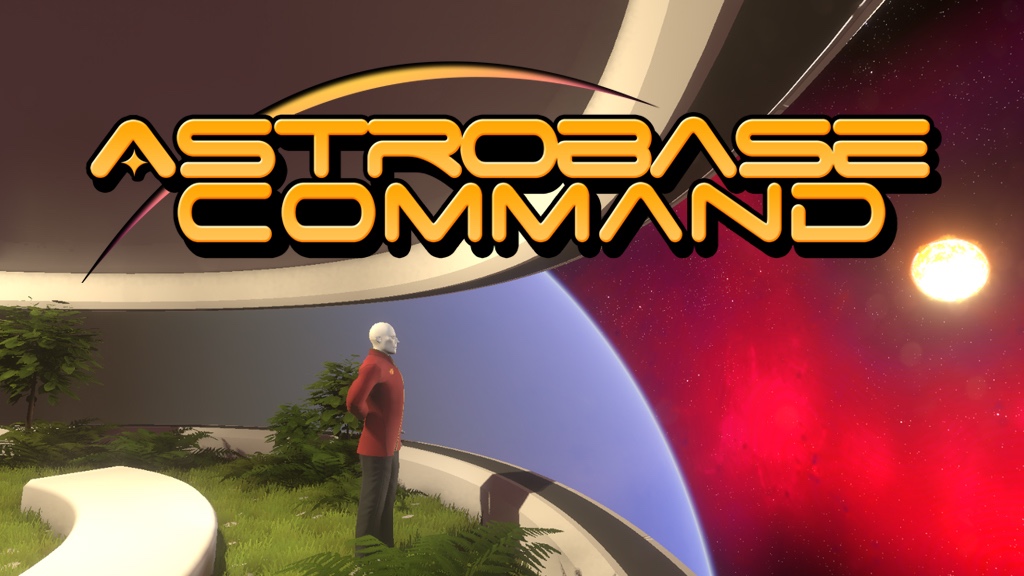
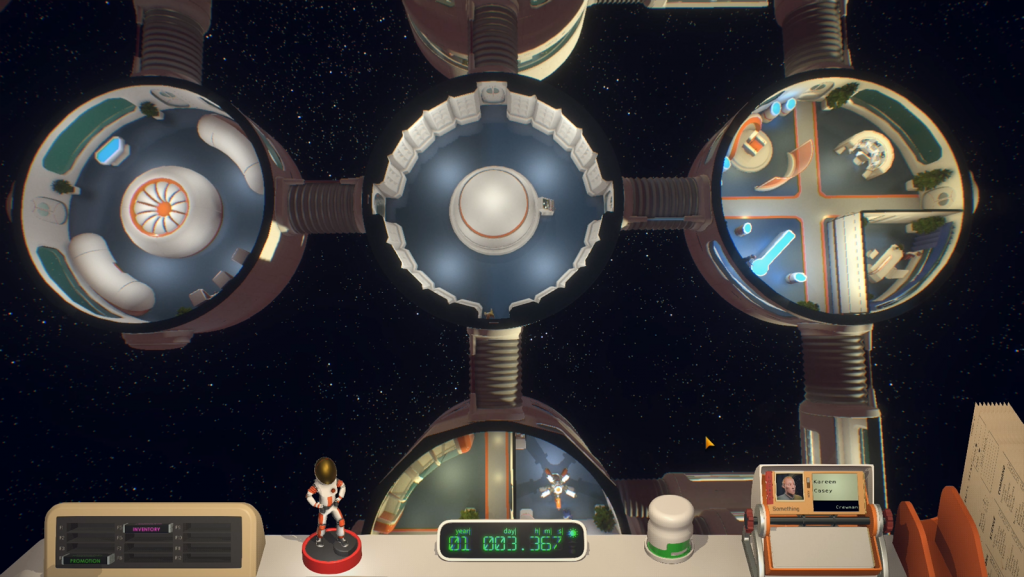
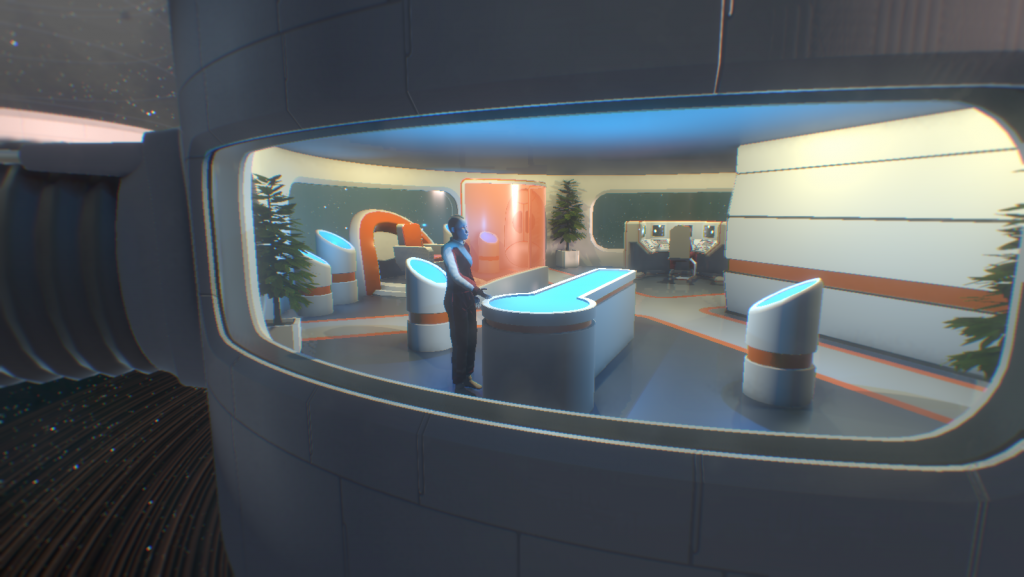
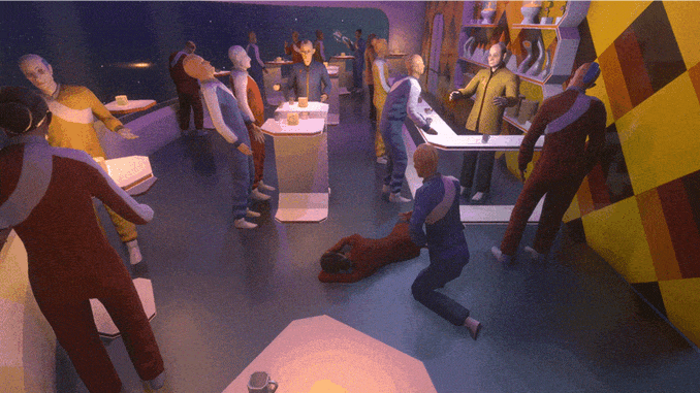
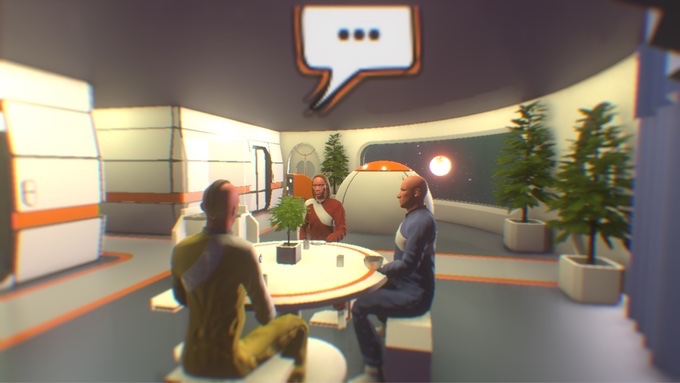
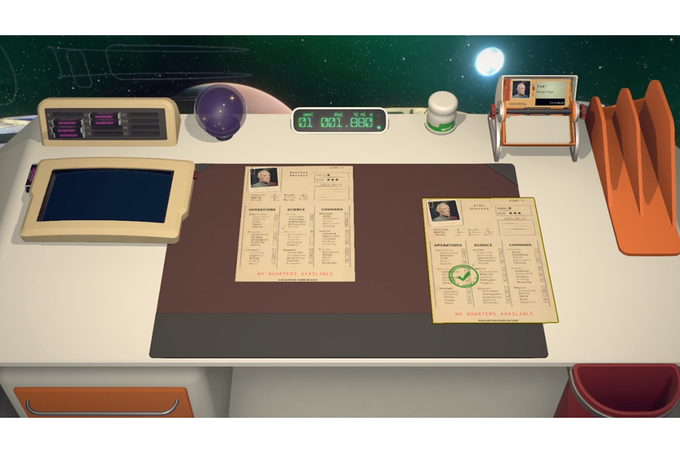
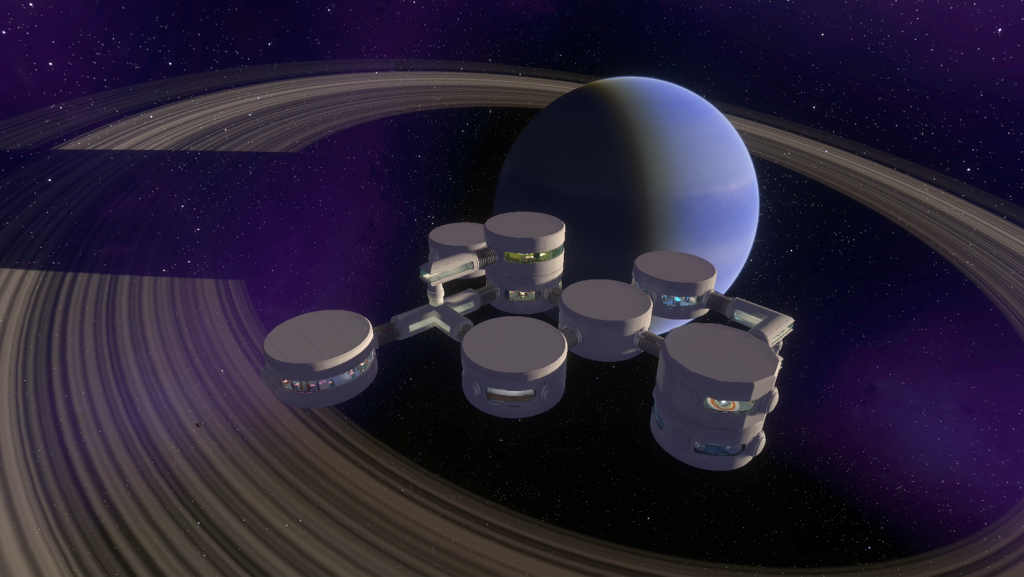



[…] have a new interview up over at The Cliqist. Joanna Mueller goes behind the campaign and asks Dave some questions about Astrobase Command, […]